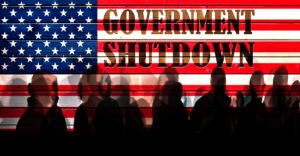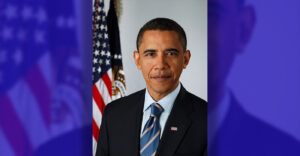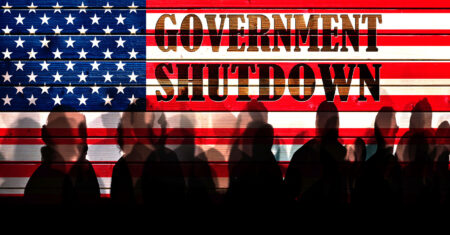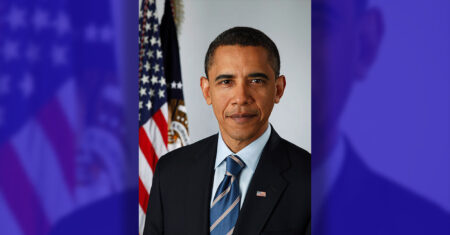By Stacy M. Brown
BlackPressUSA.com Senior National Correspondent
A new report from the Joint Center for Political and Economic Studies urges lawmakers to put Black voices at the forefront of efforts to reform Section 230 of the Communications Decency Act—a law that has helped fuel online innovation but also allowed unchecked harm against Black communities. The report is the first in a three-part series and marks the first time Section 230 has been examined solely through a Black lens. It highlights how the same protections that allow Black communities to mobilize, build businesses, and express themselves online have also created a legal loophole that permits anti-Black harassment, white supremacist organizing, and digital discrimination in areas like housing, credit, and employment. Danielle A. Davis, Esq., director of technology policy at the Joint Center and author of the brief, said the law’s broad immunity shields tech companies from accountability while exposing Black users to real-world harm. “For Black communities, [social media] has been a powerful tool — supporting entrepreneurship, amplifying activism, and fostering connection,” Davis said. “But the same legal protections that enable this empowerment can also shield platforms from accountability when discriminatory or harmful content is posted.”
Section 230, enacted in 1996, includes two key provisions. The first subsection protects platforms like Facebook, YouTube, and X (formerly Twitter) from being treated as publishers of user content. That means they can’t be held legally responsible for what users say or share. While this has helped nurture digital spaces where Black creators, small businesses, and activists thrive, the report shows how it also lets racism, extremism, and economic bias spread unchecked. Spencer Overton, former president of the Joint Center and co-author of the underlying research with legal scholar Catherine Powell, said Black perspectives are routinely ignored in major tech policy debates. “The perspectives and concerns of Black social media users have been consistently overlooked and underrepresented within the tech policy space,” Overton said. “To address the harmful and discriminatory effects that disproportionately affect Black platform users, our voices and experiences must be amplified in reform discussions.” The brief points to real-world examples, including the Buffalo mass shooting in 2022, where an 18-year-old gunman radicalized online, targeted a Black neighborhood, and live-streamed his attack. Despite public pressure, footage of the massacre remained on mainstream platforms like Facebook and X for days. Section 230 protections shielded those platforms from liability.
The report also cites Vargas v. Facebook, where the Ninth Circuit ruled Meta could not rely on Section 230 to avoid accountability for designing algorithms that allegedly discriminated against Black users. That ruling challenged the long-held assumption that platforms are mere bystanders when discrimination happens on their watch. Joint Center President Dedrick Asante-Muhammad said the report seeks to make the complex topic of Section 230 more accessible while making clear that Black communities must be protected as reforms move forward. The next brief will examine how platforms moderate content and whether automated systems unfairly silence Black users. The final report in the series will discuss proposed reforms to Section 230 and their potential consequences for Black communities. “These briefs explain, in accessible language, how Section 230 protects platforms that provide many benefits to Black communities but also perpetuate harms,” Asante-Muhammad said. “As reforms are debated, we must ensure they do not further negatively impact communities who are often ignored in policy spaces.”







